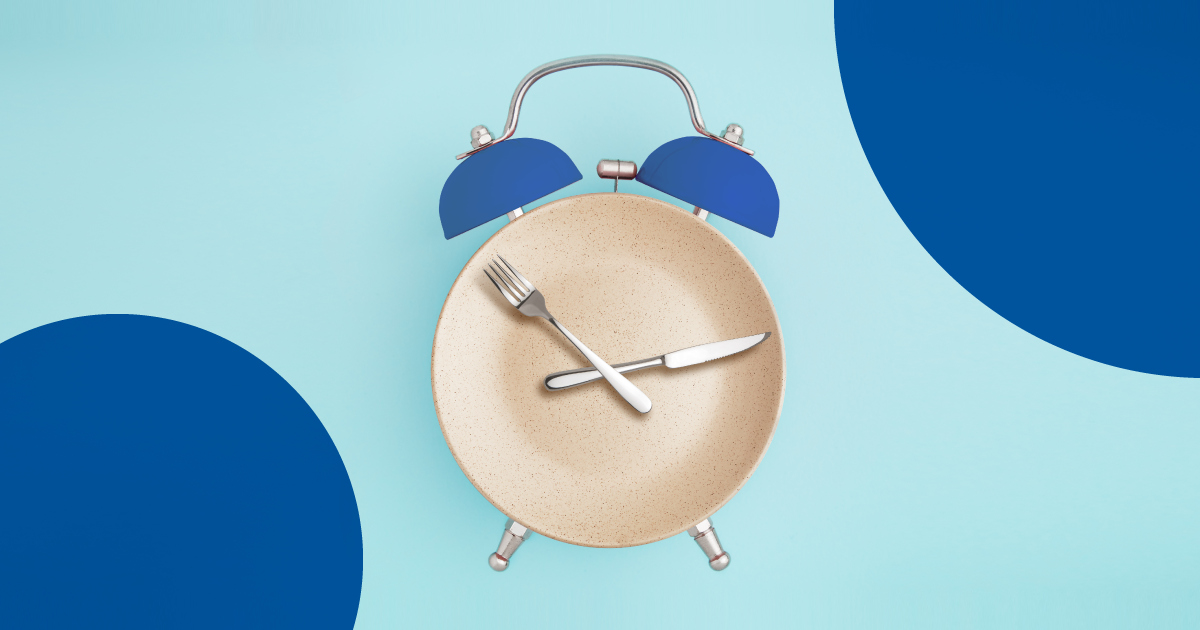By Allison Tannis BSc MSc RHN
Feeling sluggish? Lost that 'pep' in your step? Many people complain that they simply don't have enough energy, or would like more. Energy production in your body is a complicated matter. It's influenced by many factors including stress, sleep, hormones and nutrition. These are some key nutritional supplements that naturally enhance energy production in your body.
Take Your Multivitamin
Does such a simple little pill offer that much benefit? Yes. A multivitamin can help ensure that no matter how busy or hectic your day becomes, your body gets the minimum nutrients it needs. But, have you ever felt overwhelmed when looking at the long list of nutrients in your multivitamins? Which nutrients are most important for energy production?
The top five nutrients that improve energy production in the body
1) B Vitamins
There are many B vitamins that are essential to your health: thiamine (vitamin B1), riboflavin (vitamin B2), niacin (vitamin B3), pyridoxine (vitamin B6), biotin (vitamin B7), folate (vitamin B9) and, cyanocobalamin (vitamin B12). B vitamins support energy metabolism. They play an important role in the metabolism of fats, carbohydrates and proteins that ultimately creates energy in the body. Vitamin B12 is the most important B vitamin contributing to energy production. According to Health Canada, the Recommended Dietary Allowance and Adequate Intake (RDA), (the suggested amount of a nutrient we should consume in a day), for adults is 2.4 mcg of vitamin B12. Using B12 supplements is not a new idea to help ensure energy production in the body. Athletes have found it beneficial to focus on B12 supplements as a natural way to ensure optimal energy production. Vegetarians have also found vitamin B12 supplements helpful as they have trouble consuming enough vitamin B12 as it is found in highest quantities in animal products.
2) Iron
The true driving force of energy production in the body is oxygen. Oxygen is carried from your lungs to the rest of your body by blood cells. Blood cells contain hemoglobin, a fascinating and complex compound that can carry oxygen. To make hemoglobin, iron is required. Without iron your body cannot carry oxygen to your cells, which need it to make energy. Anemia, a condition in which your body's iron stores are too low, causes people to feel lethargic (lack of energy). This illustrates the importance of iron to energy production. Make sure your multivitamin contains iron if you are at risk of having low levels (e.g. females of childbearing age). To help enhance your body's ability to uptake iron, be sure your multivitamin also includes vitamin C and bioflavonoids as these nutrients will improve absorption. Of note, the RDA for adult women is 18mg.
3) Antioxidants
Quercetin, selenium and bioflavonoids are all examples of nutrients that act as antioxidants in your body. Antioxidants neutralize free radicals. Free radicals are damaging compounds that form in your body as a byproduct of your daily activities. Free radicals cause damage to healthy cells by stealing electrons from parts of the cell, including the part that makes energy - the ribosome. The ribosome is like an internal battery. The ribosome relies on its structure to be able to make energy. If free radicals damage the structure of a ribosome, it cannot make energy. Antioxidants can protect your cells and ribosomes from free radicals. Antioxidants protect your internal batteries.
Some of the best sources of antioxidants are berries and vegetables - both in food and supplement form. It is recommended that we to eat a rainbow on our plate (e.g. a wide variety of fruits and vegetables). This is because different fruits and vegetables contain different antioxidants. You need as many different antioxidants as you can get, because every antioxidant neutralizes a different free radical. Your plate is a great place to start making your rainbow of fruits and vegetables, but you can also consider a fruit or vegetable supplement such as a berry or greens powder to ensure you're getting a good mix of antioxidants.
4) Amino Acids
Fruits and vegetables aren't the only foods you should be biting into for more energy. Protein hidden in animal products, nuts, seeds and beans can help enhance energy production. Protein is made up of amino acids. Most of us think of amino acids as a requirement for body builders and athletes. However, did you know that enzymes and hormones are also proteins? Yes, you need amino acids to make the enzymes that drive your metabolism, and the hormones that make you feel happy and energetic. Thus, to keep your energy levels high, be sure to look for amino acids in your supplements. Remember there are 20 amino acids, about half of which are considered essential (i.e. you can only get them from your diet). A diet with a rich variety of protein sources, or proper supplementation such as a high quality protein powder, can help ensure your body has sufficient amino acids to product the enzymes and hormones you need to feel your best.
5) Magnesium
Inadequate levels of magnesium in the body effects energy levels, and a lack of magnesium in the diet can result in an increase in the need for oxygen during exercise. In other words, if you are suffering from a lack of energy, it may be due to low levels of magnesium in your diet. The RDA of magnesium for males is 420 mg, and 320 mg for females. Plus, your bones will appreciate this nutrient as magnesium plays an important role in the health of your teeth and bones.
Get energized with the help of these nutrients: B vitamins, iron, antioxidants, amino acids and magnesium. Reach for a multivitamin, protein powder, berry or greens powder supplement. These ingredients will help to ensure your energy metabolism potential is maximized.
References:
Government of Canada - RDA Tables
http://www.hc-sc.gc.ca/fn-an/nutrition/reference/table/index-eng.php
United States Department of Agriculture - Agricultural Research Service - Magnesium and Energy
http://www.ars.usda.gov/is/ar/archive/may04/energy0504.htm?pf=1


